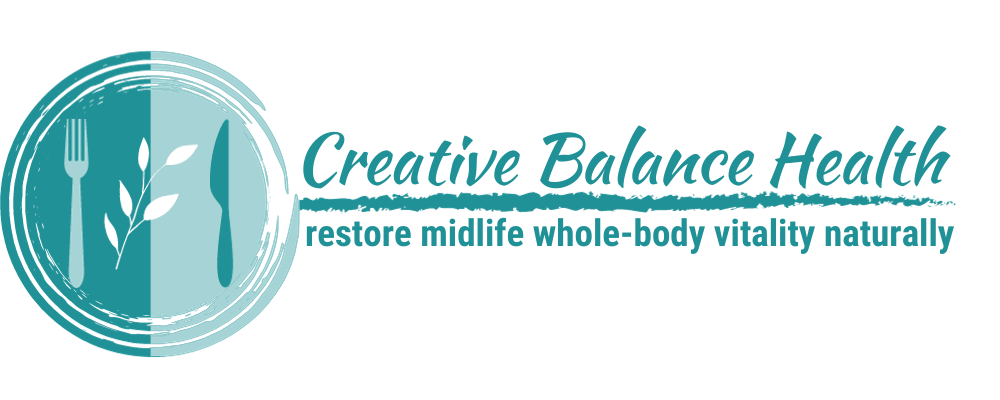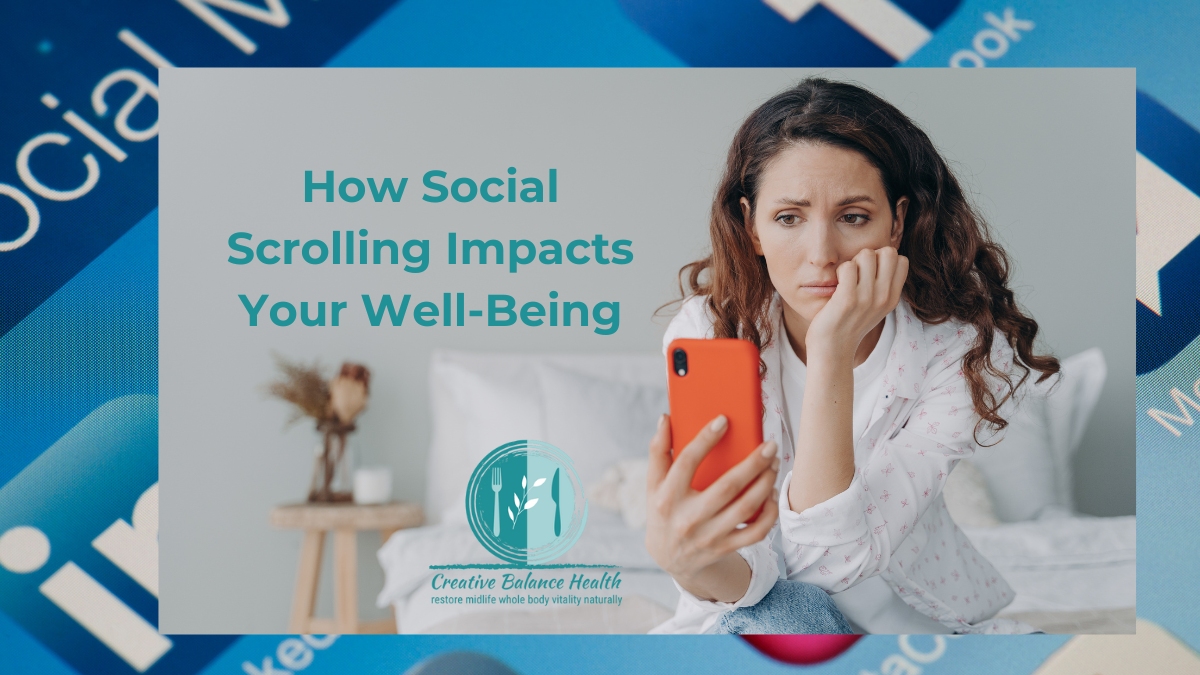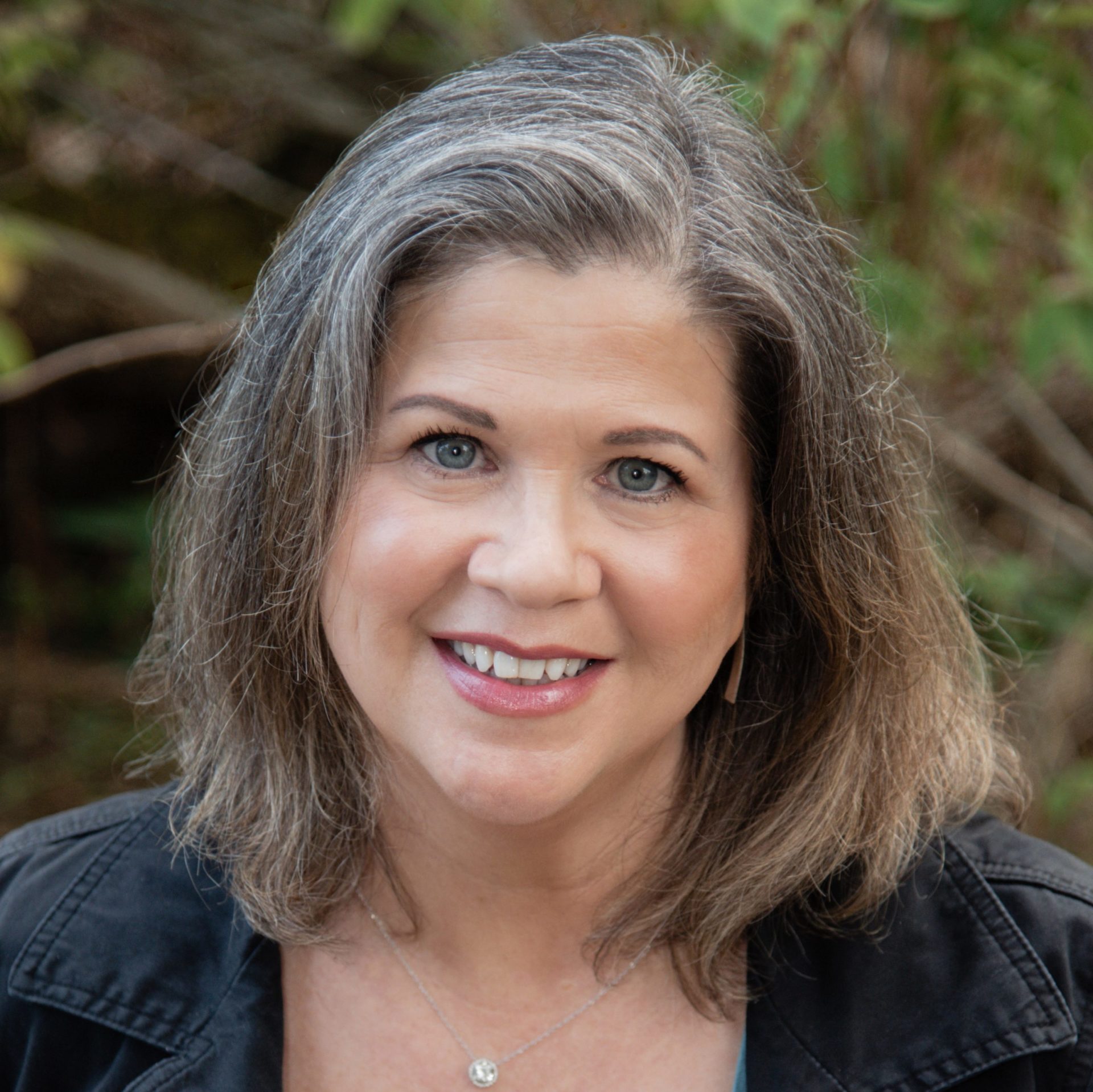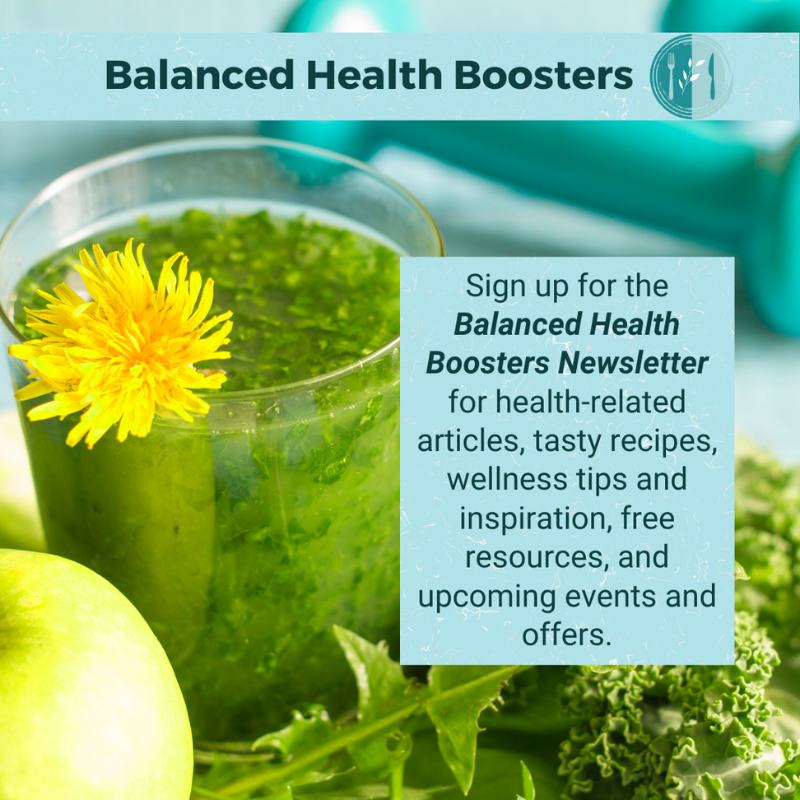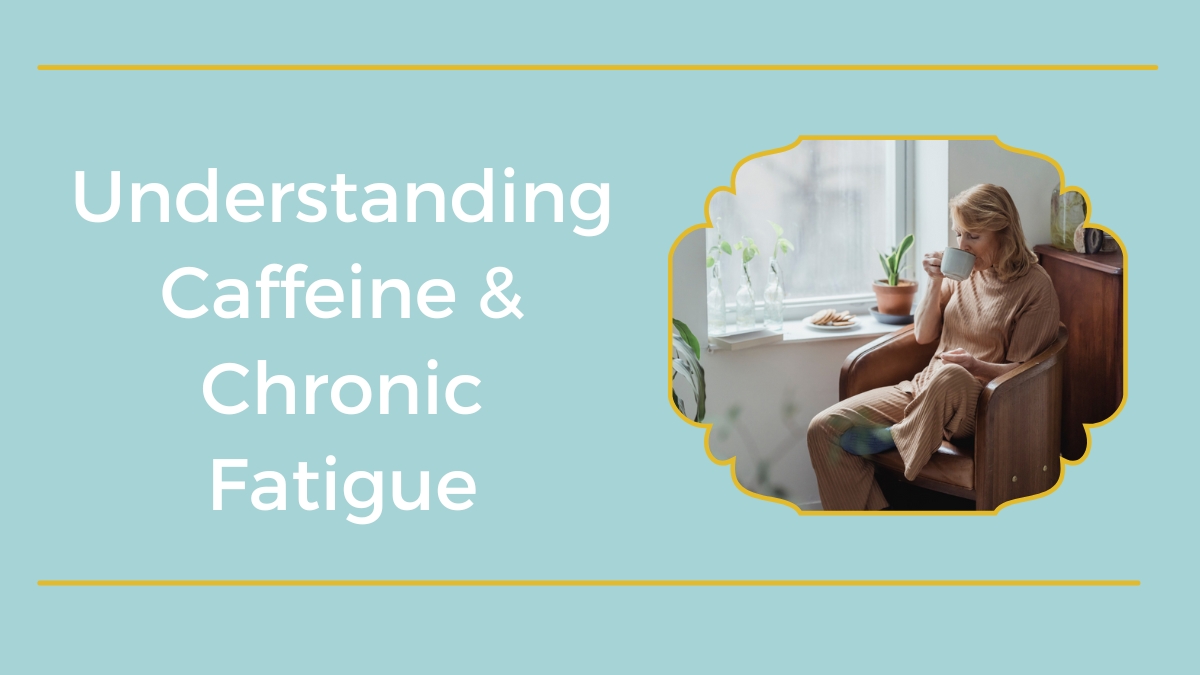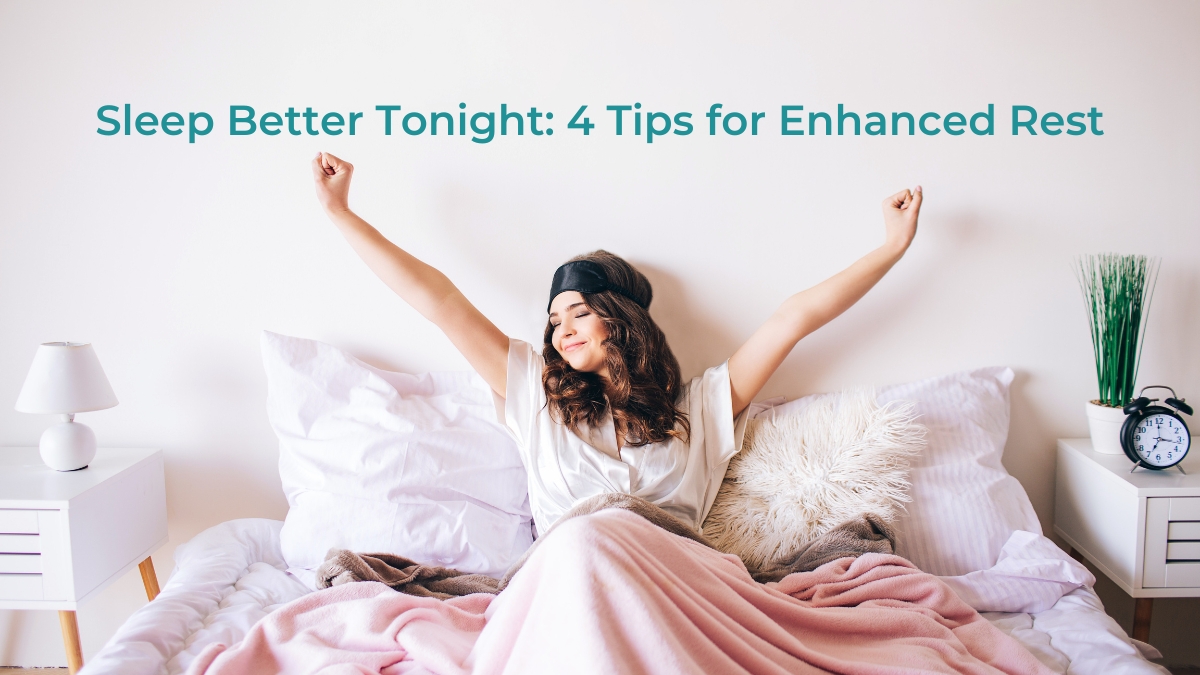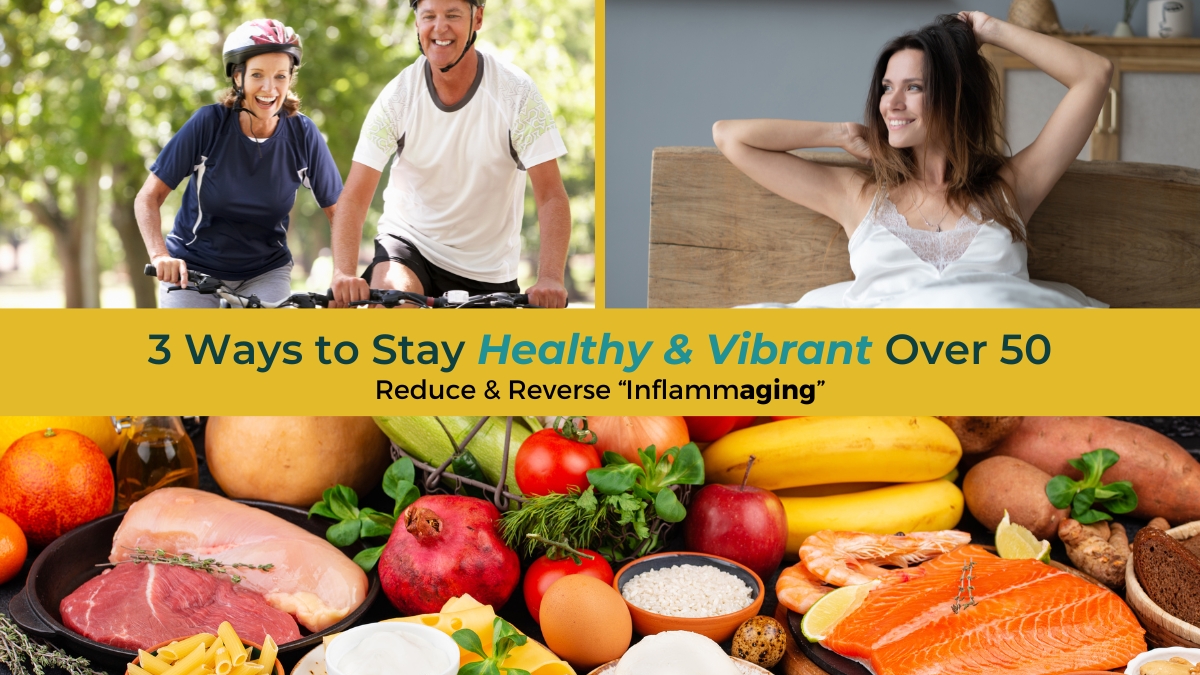The science of “doom-scrolling’s” negative effects, and what you can do about it.
Social media is often perceived as a necessary evil. I somewhat subscribe to this opinion and would love to avoid it completely, but because of the professional organizations and networking groups I belong to where important information is shared on social platforms, especially on Facebook, I keep coming back. If you own a business, posting and engaging on social media has become practically mandatory.
I know I’m not alone in feeling torn about using social media. You’ve felt your mood sink after more and more negative stories in your social media feed. But social media is an easy, convenient way to stay in touch with people and get up-to-date news that affects you. Plus, you know you’re not the only one who seems to feel a bit more “down” with social media use.
So, what can you do?
It’s natural—and pretty common—to search for answers and information during times of uncertainty (like during a health pandemic, civil unrest, or a natural disaster). I do it too! Most of us want to stay informed about what’s going on and how it may affect our loved ones and ourselves. Seeking information is also a strategy that can sometimes ease our minds, help us cope with all of the changes and new challenges of day-to-day life, and empower us to reassert control over a new or unknown situation (like a health, weather, or financial scare). However, over the course of the past 2-3 years, mental health has taken a toll. Many studies confirm that the levels of stress, anxiety, and depression have increased.
. . . And so has our social media use.
These days, one of our go-to sources to get the answers and information we need is social media. You may have heard the term “doom-scrolling.” It’s when we get caught up scrolling through a seemingly unending cycle of negative news. This is different from “kindness-scrolling” where we’re exposed to positive news, like acts of kindness.
Several studies have confirmed what many of us experience: the more time we spend consuming negative news about the pandemic, politics, or natural disasters, the worse our sense of well-being can become, and the more mental distress we feel.
But some questions remain. Is social media helping us cope better (as we hope) or is it directly tanking our moods? Do people with more distress seek out more news or does the news itself negatively impact emotional/mental health and well-being? Does it make a difference whether the information we consume is negative or positive? Does trying to keep up with “friends” induce FOMO (fear of missing out) anxiety or feelings of not being “enough”? How much doom-scrolling can we do before it takes its toll?
The effects of COVID-19 doom-scrolling and kindness-scrolling on emotional/mental health and well-being.
Psychologists wanted answers to these questions, so they designed the first experiment to test these. Their recent study was published in the journal Plos One. The researchers measured the emotional consequences of seeing COVID-19 news online. They also wanted to find out how much news it took to have an effect, and whether there was a difference between doom-scrolling versus kindness-scrolling.
They found hundreds of participants and put them into one of these groups:
- COVID-19 news (a.k.a. “doom-scrolling”) – posts about COVID-19 numbers, negative health effects, etc.
- COVID-19 kindness (a.k.a. “kind-scrolling”) – posts about helping others, celebrations of recovery from COVID-19, etc.
- No COVID-19 information (a.k.a. “control” group) – no social media content.
Participants scrolled through their assigned feeds for 2-4 minutes on either Twitter or YouTube. Then they stopped scrolling and answered a “mood” questionnaire that rated their positive and negative feelings and compared those feelings to the control group’s results.
What they found was that consuming COVID-19-related news for even a few short minutes significantly reduced positivity. Interestingly, it didn’t increase negativity (negativity stayed the same). These results for doom-scrolling were consistent across both Twitter and YouTube.
When it comes to the participants who were kindness-scrolling for a few minutes, they didn’t experience the same negative effects, nor did they feel significantly more positive.
How to counter the negative effects of doom-scrolling on your emotional/mental health and well-being
The researchers say, “Our findings suggest the importance of being mindful of one’s own news consumption, especially on social media.” This is important because we now know that even 2-4 minutes of doom-scrolling can tank your mood and make you more negative.
Reducing—or eliminating—social media consumption is very difficult. Most of us need to find information we trust, even if it’s bad news. Plus, although many people say they want to delete their social media accounts, studies show that social media use has been rising. If you use social media to stay in touch with friends and family, then one thing you can do is focus on being social with the people you care about, rather than getting caught up in negative headlines.
Another thing you can do is try to balance out the negative information in your feed with more positive information.
While this would be something that platforms can probably adjust in their algorithms, we haven’t been able to rely on them to prioritize user well-being over engagement. One way to do this is to seek out things that make you happy. Consider following more accounts that share positive news, delicious recipes, or even cat videos. 🐱 @WeRateDogs always makes me laugh out loud and puts a big smile on my face no matter my mood! 🐶 Plus, if you have a social media account, consider sharing more positive posts to spread more kindness to your friends, family, and followers.
Finally, when you do find yourself doom-scrolling, as we all do sometimes, try to counteract the negative effect and bolster your own happiness. Aim to meet your emotional/mental health and well-being needs with self-care like enjoying nutritious meals, working out, managing your stress, or getting enough sleep. You can also consider participating in acts of kindness in real life like volunteering or helping those in need.
Summary
It’s probably not realistic to try to avoid all news on social media, as you still need to stay in touch with people and be up to date with current events that may impact you. With this study, we know that even a few minutes of negative news can tank your mood. So, keep in mind that this is perfectly natural and that you are empowered to counter that effect with supportive and positive actions to care for your emotional/mental health and well-being — especially when times are stressful.
If you want to get answers on your hidden stressors so you can take back control of your energy, weight, and digestive health naturally, plus work on your mindset to develop healthier habits, check out my Health and Lifestyle Coaching Programs!
Reference:
Buchanan, K., Aknin, L. B., Lotun, S., & Sandstrom, G. M. (2021). Brief exposure to social media during the COVID-19 pandemic: Doom-scrolling has negative emotional consequences, but kindness-scrolling does not. PloS one, 16(10), e0257728. https://doi.org/10.1371/journal.pone.0257728
https://pubmed.ncbi.nlm.nih.gov/34644310/
https://www.ncbi.nlm.nih.gov/pmc/articles/PMC8513826/
https://journals.plos.org/plosone/article?id=10.1371/journal.pone.0257728
